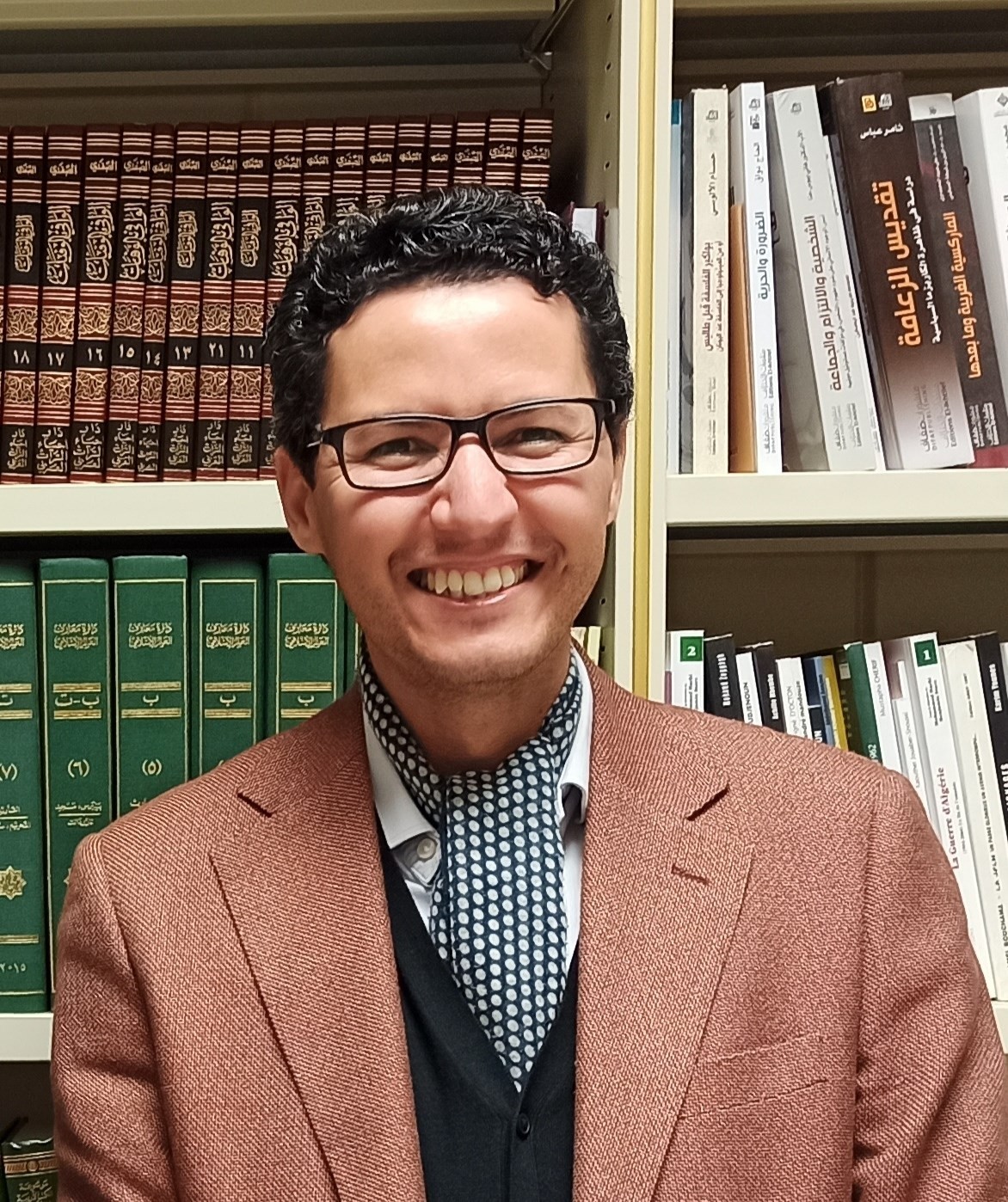Dear Friends of Freedom of Thought,
The discourse on promoting the concept of a multi-cultural society is considered an urgent endeavor to encourage plurality, tolerance, fight discrimination, and foster a peaceful, prosperous social environment in all contemporary societies.
In Western societies, a multi-cultural discourse is asserted within a modern secular paradigm in the writings of many contemporary intellectuals and philosophers such as the German philosopher Jürgen Habermas in his concept of a “post-secular society”, where both religious and non-religious citizens live together and enjoy the same right to engage in the public sphere through dialogue and discussion.
In Muslim civilizations, multi-cultural societies existed throughout history. An outstanding historical example is Al-Andalus under the Caliphate of Cordoba (929–1031). Today, some Gulf States, could be considered multi-cultural societies. In Qatar, 75% of the population are migrants with diverse cultural values and creeds.
Nonetheless, vital questions are raised today: to what extent can we speak of Muslim societies’ compliance with modern values of pluralism? Are there obstacles in the Islamic Sacred Text and classical sources that hinder achieving these modern ideals in contemporary Muslim societies and scholarship?
These questions and more will be discussed in our lecture, “Contemporary Challenges of Pluralism in Islamic Contexts”, with the Moroccan scholar Dr Mohammed Hashas. He will be inviting you to take a closer look at the following questions with him:
- What do we exactly mean when speaking about pluralism? How is it different from other concepts, like tolerance and multiculturalism?
- What are the substantial sources of pluralism in the Islamic founding texts?
- What are the major sources of pluralism in Islamic intellectual and social history?
- What are the essential modern and contemporary challenges facing pluralism in Islamic contexts?
Mohammed Hashas [“ḥaṣḥāṣ”] teaches Arab-Islamic thought at the Department of Political Science of Luiss Guido Carli University of Rome, from which he holds a PhD in Political Theory, with a dissertation on European Islam (2013). He is currently an affiliated Research Fellow at Leibniz-Zentrum Moderner Orient in Berlin. He previously held research fellowships in Tilburg, Copenhagen, Oxford, Berlin, and Winchester in Virginia, US. Hashas has authored “The Idea of European Islam” (2019), “Intercultural Geopoetics” (2017), and led the edition of “Islam, State, and Modernity” (2018), “Imams in Western Europe” (2018), “Islamic Ethics and the Trusteeship Paradigm” (2021), and “Pluralism in Islamic Contexts” (2021). Hashas also frequently reaches out to the public in English and Arabic through opinion essays and articles.
Moderation: Amany Alsiefy
The primary language of the event will be English; questions and comments can be in German and Arabic; we will translate as best as we can.
The event will be held via Zoom on January 30th at 7: 00 pm Berlin Time / CET.


